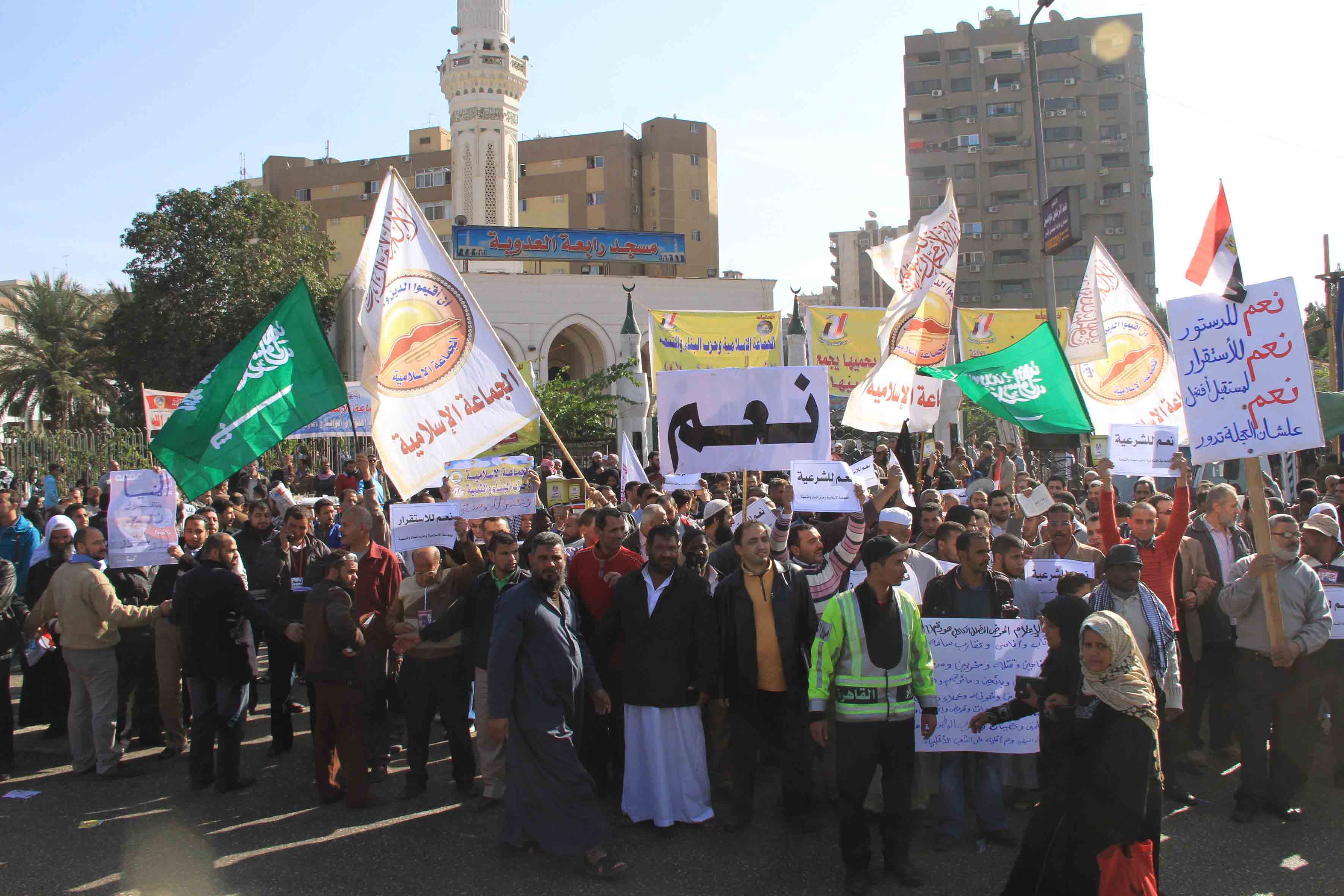
AFP – A UN human rights monitor on Thursday strongly condemned Sudan’s deadly crackdown on a wave of protests sparked by fuel price hikes, urging all sides to refrain from violence.
In a statement, Mashood Adebayo Baderin called for “prompt, thorough and impartial investigations” into the alleged use of excessive force by Sudanese authorities, including firing live bullets at protesters.
“I strongly condemn the use of violence against peaceful demonstrators and the destruction of public property during demonstrations. I urge both the government and the demonstrators to completely refrain from resorting to violence,” said the Nigerian, an independent expert tasked by the UN Human Rights Council with monitoring Sudan.
Sudanese authorities say 34 people have died in protests which erupted after the government cut fuel subsidies on September 23, sending petrol and diesel prices soaring.
Baderin, however, referred to a reported figure of 50 dead, while global human rights group Amnesty International puts the toll at over 200, many with gunshot wounds to the head and chest.
The fuel price jump has sent thousands of angry Sudanese into the streets in the worst urban unrest during President Omar al-Bashir’s 24-year rule.
“Civilians have a right to assembly and peaceful demonstrations under international law, and the government of Sudan has an obligation to respect these rights under its constitution and under international law,” Baderin said.
With scores of protest detainees already on trial, Baderin added that he was deeply concerned about the fate of hundreds caught up in a sweep by security forces.
He pointed to reports that at least 800 people, including members of opposition parties and journalists, appeared to have been detained.
“I urge the government of Sudan to charge all those arrested with a recognisable offence or immediately release them,” Baderin said.
Sudan’s government says it has arrested about 700 “criminals” since last week’s protests.
But London-based Amnesty said the figures appeared to be much higher and that people seemed to have been targeted because they were from opposition groups, or activists, exercising their lawful rights to freedom of expression and assembly.


